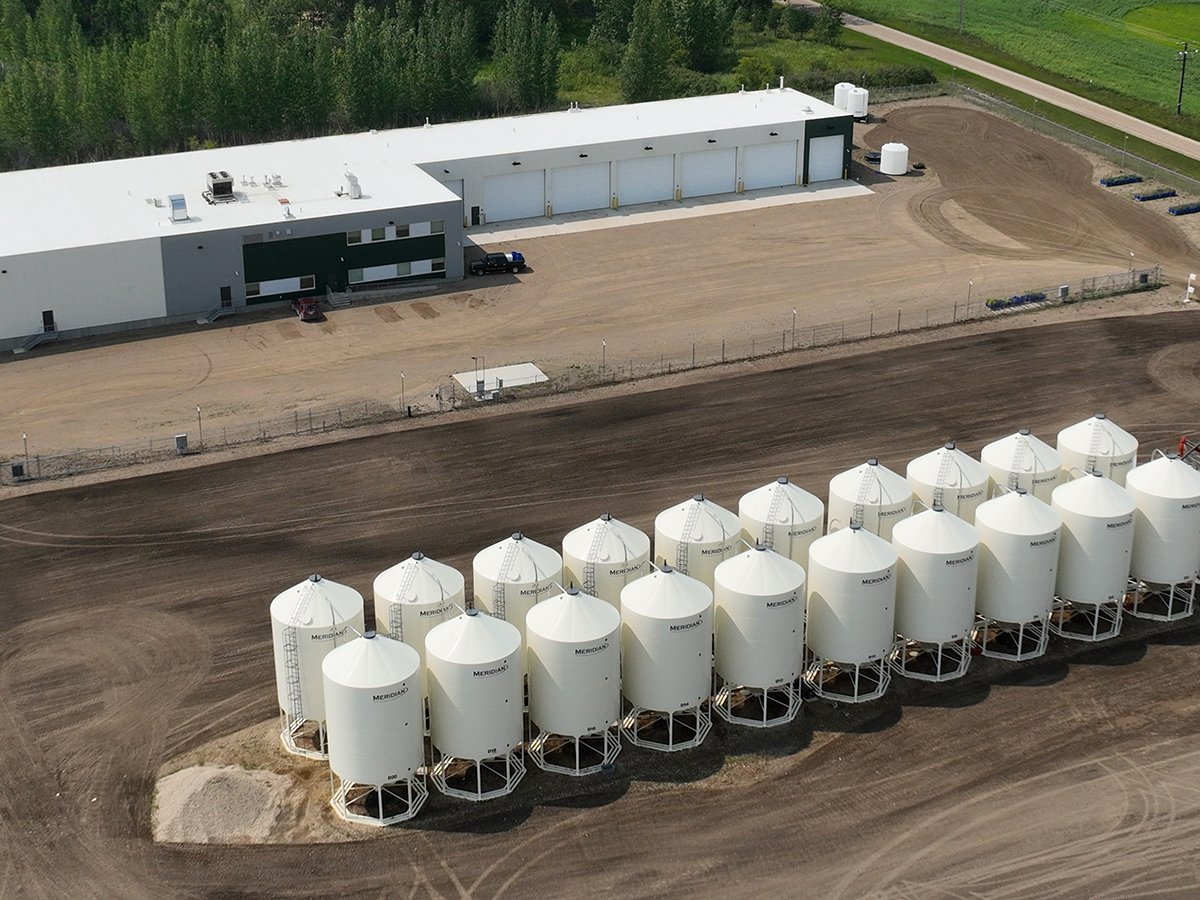Canadian Food Inspection Agency hopes to fix variety approval system so innovative crop development isn’t stymied
Farmers are losing access to great new varieties of crops without even knowing it, crop developers warned during the Prairie Grain Development Committee’s annual meeting.
That’s because Canada’s regulatory system is so unclear that many researchers and developers won’t invest in varieties that might be flagged “novel.”
It’s hurting Canadian farmers’ ability to keep up with other world crop exporters, the Canada Grains Council warns.
“Canada has been falling further and further behind our trading partners,” said Krista Thomas of the CGC.
Read Also

Saskatchewan firm aims to fix soil with compost pellets
In his business, Humaterra, Leon Pratchler is helping farmers maximize yields in the weakest areas of their fields through the use of a compost pellet.
Regulators understand the problem and are hoping to fix the variety approval system so that innovative crop development isn’t stymied.
“I’m hearing you. Our colleagues are hearing you,” said Ken Ellens of the Canadian Food Inspection Agency’s Plant Biotechnology Office, which is in charge of approvals of novel foods and feeds.
“The regulatory system appears to be a black box.”
Now that gene-editing has become a key tool of crop development, allowing many valuable features to be developed in crop varieties, the need for clarity about what will or won’t trigger extra regulatory scrutiny is essential, say seed development players.
Thomas said half of the crop researchers recently surveyed said they have shied away from developing some varieties because they might trigger the special regulatory controls that are applied to novel products.
The problem arises from Canada’s approach to regulating products that have new features. It’s part of what has been generally considered a rational approach, in which products like those created through genetic modification are not treated differently simply because of their GM element.
If the product they produce is essentially the same as that produced by other methods, then they don’t receive extra regulatory measures. If a product produced by any of a number of methods has novel characteristics, then it gets special scrutiny.
The problem for developers comes from the impossibility of knowing ahead of time whether the regulators will flag the eventual product as novel. What is simply an improvement, and what is novel? If a product ends up being flagged, it can double the cost of development and add a couple of years to the time it takes to get to market.
That makes some developers avoid anything that might provoke this.
“These programs cast a shadow,” said Thomas.
The CFIA has been reviewing its system and knows there is a problem.
“There’s a lack of predictability in the regulatory path,” said Ellens.
“Ultimately, this is affecting your ability to attract innovation.”
Farmers end up paying the price because they never receive some of the crop variety options they otherwise would have.
“That (regulatory confusion) influences your decision-making about which products are actually going to move forward in development, which ultimately has an impact on what tools are available for the producer,” acknowledged Ellens.
“We have to be much clearer.”
Thomas said Canada will have trouble reaching its 2025 export goals, which call for a massive increase in crop exports, if it doesn’t fix the regulatory system to allow developers to innovate without fearing they’ll be caught in a regulatory quagmire.
Crop development could stagnate.
“What’s the next canola going to be?” Thomas asked.
“Do we have regulatory systems that allow the seed innovation needed?”
Other countries have an approach that is more attractive to researchers. If a new crop variety’s features could have been developed by breeding methods other than gene-editing or other biotechnological approaches, it isn’t treated differently than a conventional product.
Thomas warned that researchers are looking at foreign systems with envy.
“Why not move a product like this out of Canada to a friendlier regulatory environment?” said Thomas.
Ellens said the government is taking the issue seriously.















